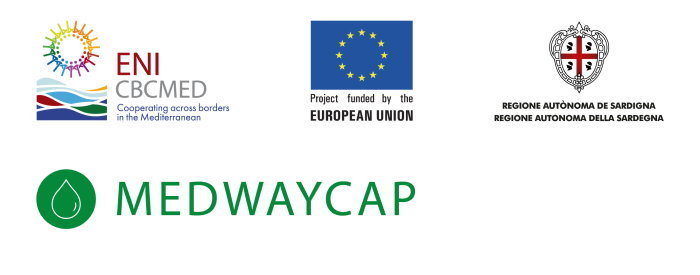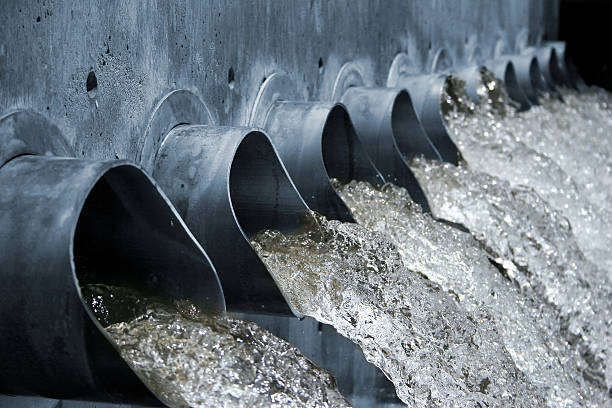Presentation of the Best Practice
Target challenge
- Water for irrigation and food production is not available
- Poor quality of treated water
- Environmental pollution
Area Typology
- Agricultural area
Main beneficiaries
- Water Utilities
- Farmers
- Management Authorities
Impact on the beneficiaries of your Best Practice:
The best safe use of TWW in Agriculture- and High roduction
Funding
- EU funding
Used technologies / tools
- SSI
- lateral pipe installation machine
Implementation site
Ramtha
NCW type
- Municipal wastewater (MWW)
NCW USE
- Landscaping
- Field irrigation
- Recycling
Self-Assessment
TRL : Technology Levels
TRL3
Description of the innovative component:
yes due to COVID19 movement restrictions we designed and developed the installation machine from local materials by our self with cheaper cost and less time consuming than importing from outside the country
Obstacles to implementation
- Isuffi cient funding instruments to support solution for NCW
- High cost of technological solutions
Obstacles to funding
high competition to get project and funding's
How your Best Practice is economically feasible ?
Result of this assessment
Enviromental impact
SDGs
Validation/upscaling
Yes it has been validated in Ramtha research station for non conventional water studies and upscaling is in progress through MENWARA project
Potentiel of exploitation/outscaling
yes because we have water scarcity and we have to use the treated wastewater efficiently in safe way for the end users and the environment.
Highlighted KPI
Technical indicators
Average Treated flow rate
m3/Day
Average Reused flow rate1000 m3/Day
Salinity109375 g/Day
Suspended solids SS3125 g/Day
COD6250 g/Day
Economical indicators
Land footprint
720.00
m2/m3/day
Land footprint
312480.00
m2/p.e





Social impact of the BP